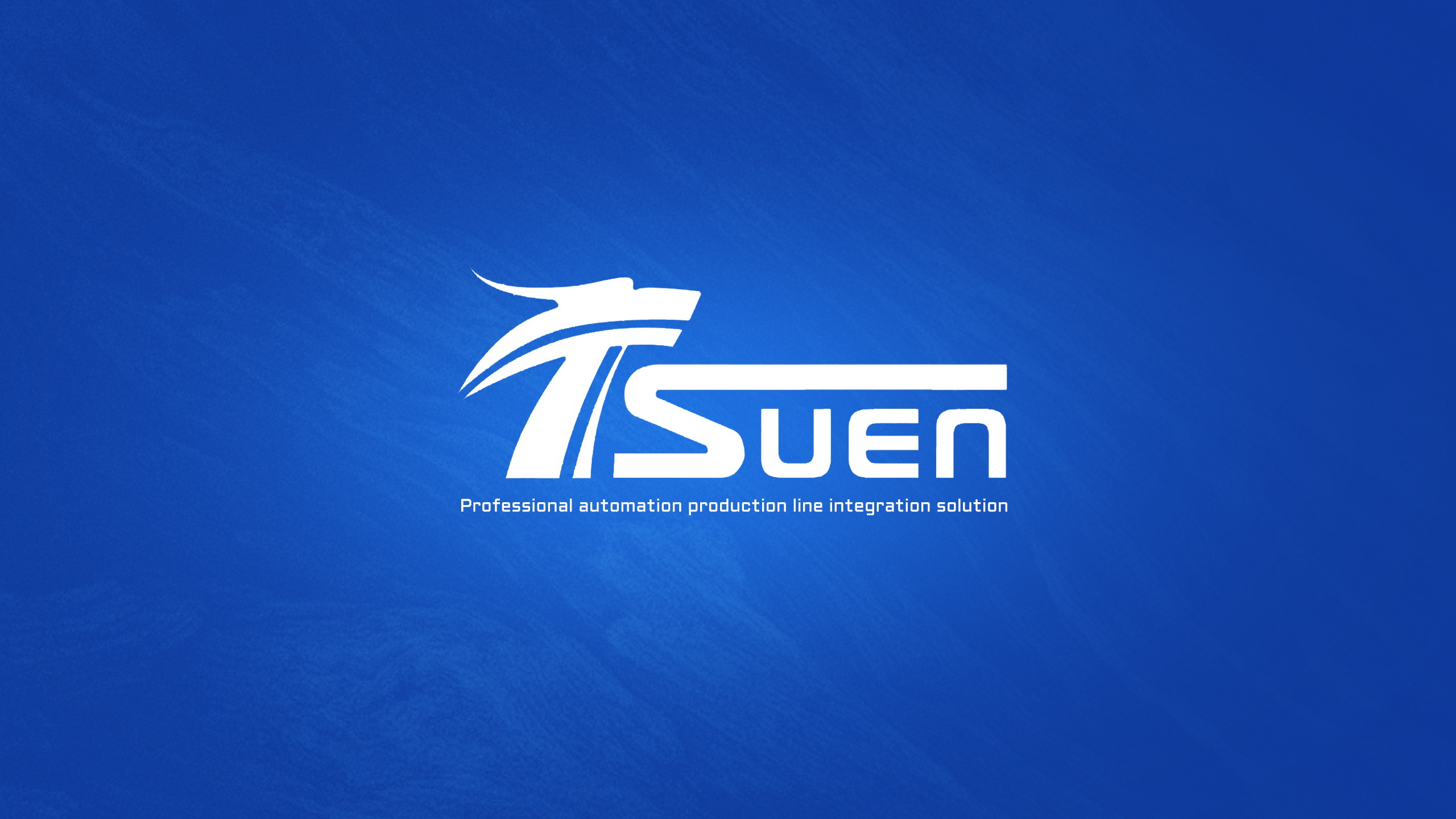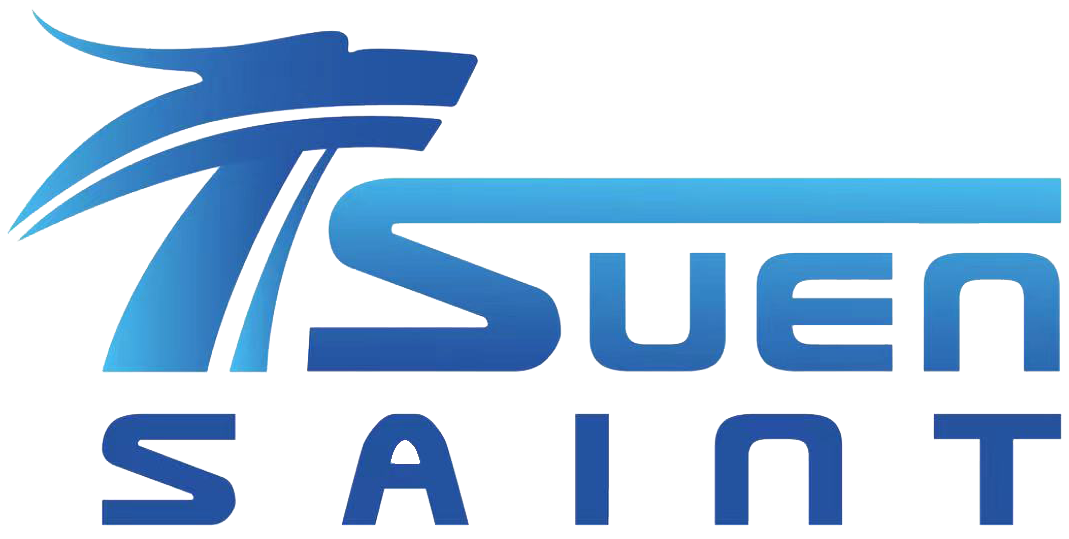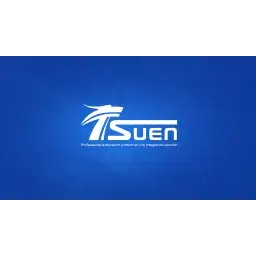Email format error
Email cannot be empty
Email already exists
6-20 characters(letters plus numbers only)
The password is inconsistent
Email format error
Email cannot be empty
Email does not exist
6-20 characters(letters plus numbers only)
The password is inconsistent


Step-by-Step Guide to Using Tsuensaint Die Casting Machines
Step-by-Step Guide to Using Tsuensaint Die Casting Machines
Welcome to the comprehensive guide on how to use Tsuensaint die casting machines. Whether you're a seasoned professional or a beginner in the field of die casting, this guide is designed to provide you with the essential steps and best practices to maximize the efficiency and precision of your operations.
Ningbo TSUENSAINT Technology Development Co., Ltd. is a leading manufacturer in the die casting industry, specializing in producing high-quality injection molding machines, die-casting machines, and high-precision components. With a strong presence in markets across South America, Africa, and Southeast Asia, TSUENSAINT is committed to delivering innovative and reliable solutions to meet your industrial needs.
Getting Started with Your Tsuensaint Die Casting Machine
Before diving into the operation of the machine, it's crucial to familiarize yourself with its components and functions. A typical Tsuensaint die casting machine comprises several key parts, including the clamping unit, injection unit, and control system. Understanding these components will help you operate the machine more effectively.
Step 1: Preparing the Machine
Begin by thoroughly inspecting the die casting machine for any signs of wear or damage. Ensure that all moving parts are well-lubricated and that the mold is securely attached to the clamping unit. Proper preparation is essential to prevent operational issues and ensure high-quality output.
Step 2: Setting Up the Mold
Proper mold setup is critical for successful die casting. Align the mold accurately in the clamping unit and secure it in place. Make sure to check the mold temperature and adjust it according to the material specifications. Precise mold setup ensures consistent and defect-free castings.
Step 3: Adjusting Machine Parameters
Configure the machine parameters based on the material and casting requirements. This includes setting the injection pressure, speed, and temperature. Tsuensaint machines are equipped with an advanced control system that allows for precise adjustments, ensuring optimal performance and product quality.
Step 4: Running the Casting Cycle
Initiate the casting cycle by activating the machine. Monitor the process closely to ensure that the material is injected smoothly and uniformly into the mold. Pay attention to any anomalies or irregularities and make necessary adjustments to maintain the desired output.
Step 5: Post-Casting Procedures
After the casting cycle is complete, carefully remove the finished product from the mold. Inspect the casting for any defects or irregularities and make necessary corrections. Clean the mold and machine components to ensure they are ready for the next cycle.
Why Choose Tsuensaint Die Casting Machines?
Tsuensaint die casting machines are designed with advanced technology and precision engineering to deliver exceptional performance and reliability. Our machines are known for their:
- High Efficiency: Streamlined operations with minimal downtime.
- Precision Control: Advanced control systems for accurate parameter adjustments.
- Durability: Robust construction for long-term use.
- Versatility: Suitable for a wide range of industrial applications.
At Ningbo TSUENSAINT Technology Development Co., Ltd., we are dedicated to providing our customers with top-quality products and comprehensive support. For more information about our die casting machines and other products, please visit our website at www.tsuensaint.com.
For inquiries, feel free to contact us at:
- Email: michelle@tsuensaint.com or info@tsuensaint.com
- Phone: +8613967807575
- WhatsApp: +8615658273134
Address: No. 401, 4th Floor, Building 4, No. 128 Pinyuan Road, Ningbo High-tech Zone, Zhejiang Province, China.
Thank you for choosing Tsuensaint. We look forward to supporting you in achieving excellence in your die casting operations.
```
